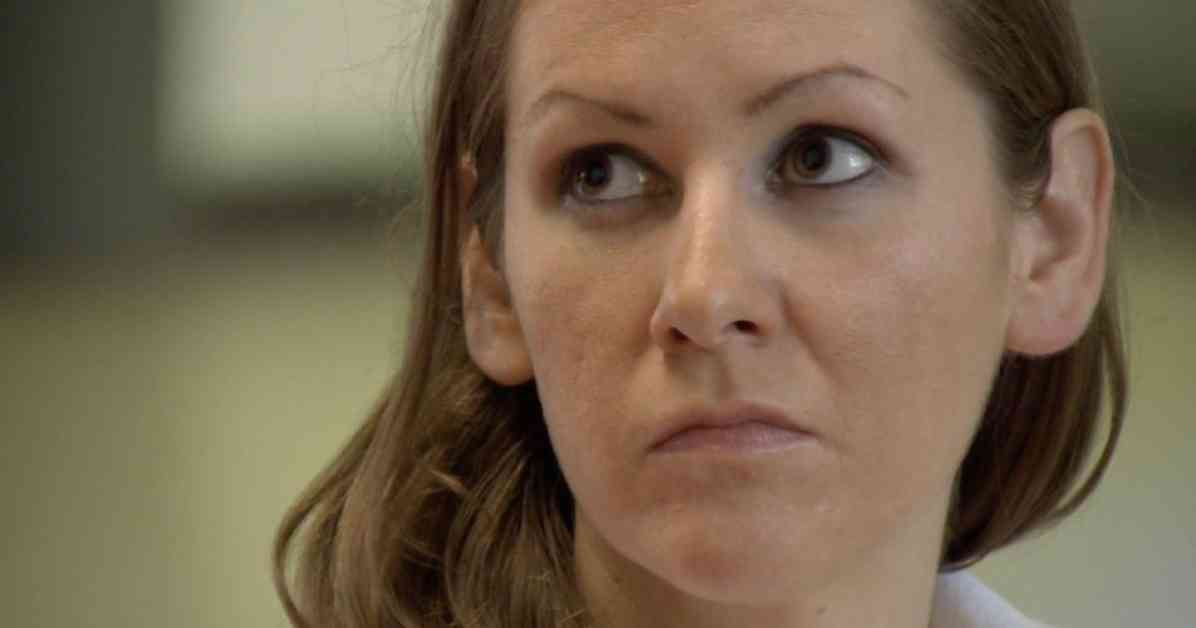Melissa Calusinski Seeks Justice After Years in Prison
Former day care worker Melissa Calusinski has spent 16 years behind bars for a crime she claims she did not commit – the murder of 16-month-old Benjamin Kingan. The case, which has been the subject of intense scrutiny and legal battles, has now taken a new turn as Calusinski seeks clemency from Illinois Governor JB Pritzker.
Unraveling the Case Against Melissa Calusinski
The story dates back to January 14, 2009, when Calusinski, then 22, was working at a day care center in Lincolnshire, Illinois. On that fateful day, she was alone with Ben and other children when she noticed he was unresponsive. Despite efforts to save him, Ben was pronounced dead at the hospital. An autopsy revealed a skull fracture, and Calusinski eventually confessed to causing the child’s death after hours of interrogation. However, new evidence has emerged that raises doubts about the validity of her confession and the entire case against her.
During the trial, prosecutors argued that Ben was healthy before his death and presented evidence of a recent skull fracture that they attributed to Calusinski. However, subsequent investigations by independent experts have cast doubt on this conclusion, pointing to a pre-existing injury that may have contributed to Ben’s death. Despite these findings, Calusinski’s appeals for a new trial have been repeatedly denied, leading her to seek clemency as a last resort.
The Fight for Justice Continues
As Calusinski awaits a decision from Governor Pritzker, her legal team and supporters are rallying behind her, highlighting the inconsistencies and potential errors in her conviction. The case has sparked a debate over the reliability of confessions obtained under duress and the importance of thorough examination of forensic evidence in criminal trials. The outcome of this case could have far-reaching implications for the justice system and the rights of individuals wrongfully accused of crimes they did not commit.
As the public awaits a decision on Calusinski’s clemency petition, the case serves as a stark reminder of the complexities and challenges of the legal system. It raises important questions about the role of forensic science, the impact of false confessions, and the need for a fair and impartial review of criminal convictions. Ultimately, the outcome of this case will test the integrity of the justice system and the commitment to upholding justice for all individuals, including those like Melissa Calusinski, who continue to fight for their innocence.
Expert Opinion: Dr. Thomas Rudd
In a recent interview, Dr. Thomas Rudd, a renowned pathologist, emphasized the significance of new evidence in the case of Melissa Calusinski. He stated, “The added fluid of the recent injury…pushes that brain down and shuts down the breathing system. That is the cause of the child’s death. It was the old injury. The old injury was massive.” Dr. Rudd’s insights shed light on the complexities of the case and the importance of a thorough reexamination of the evidence.






















